Advanced AI-Powered
API Development Services
Leverage AI for Smarter, Faster, and More Efficient API Solutions
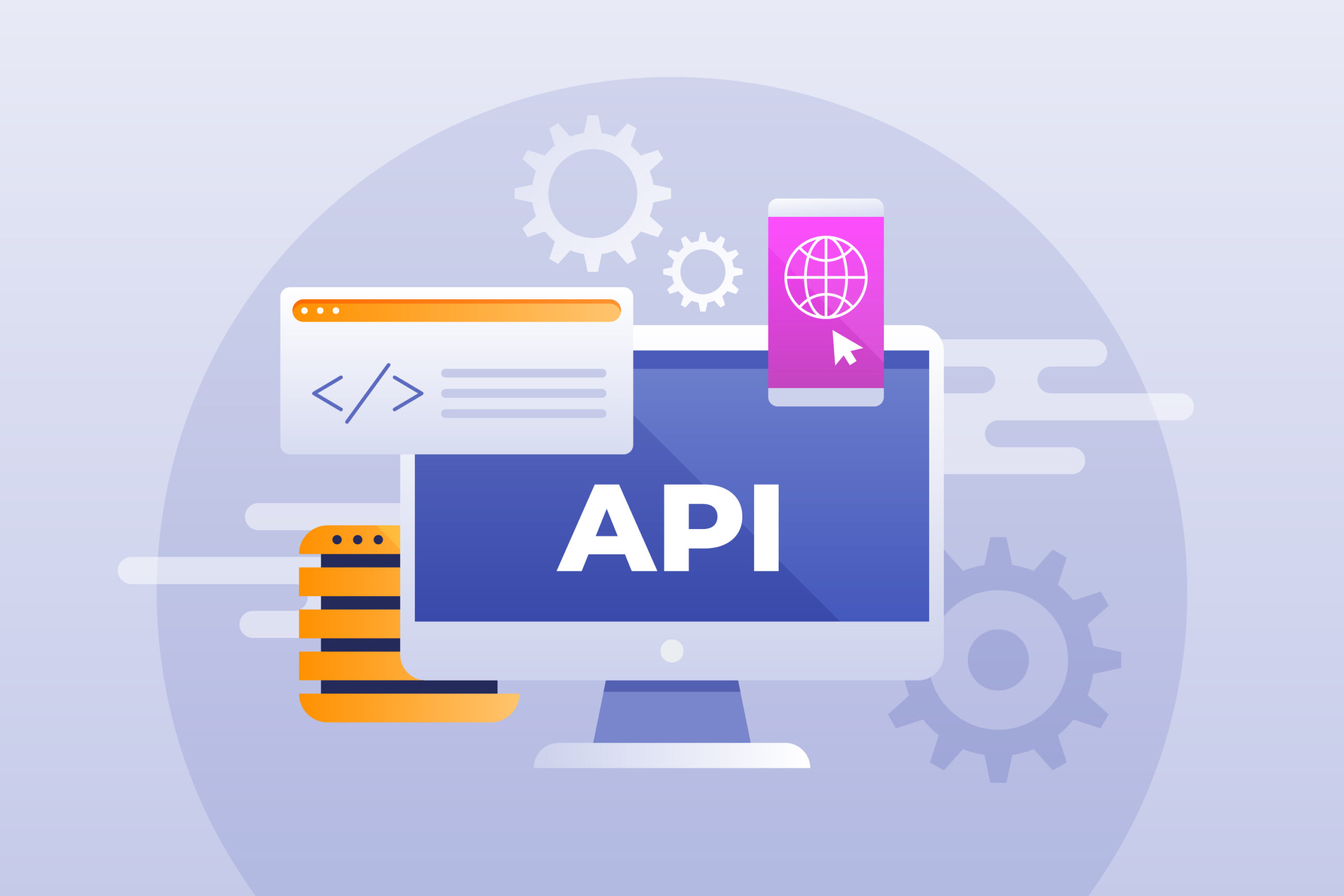
Leverage AI for Smarter, Faster, and More Efficient API Solutions

Cognysync Tech provides tailored API solutions compatible with a variety of integration protocols, such as REST, SOAP, XML, and RPC API. Our skilled developers bring extensive experience in crafting custom application programming interfaces using these protocols, guaranteeing seamless integration across your systems.

Our team integrates artificial intelligence software employing machine learning algorithms, natural language processing, computer vision, and other advanced AI techniques. These are leveraged to construct web APIs suitable for diverse applications like customer service chatbots, fraud detection systems, recommendation engines, and predictive analytics tools.

We excel in developing bespoke REST APIs to elevate your existing off-the-shelf solution or integrate third-party public APIs. This empowers your software solution to seamlessly interact with other applications, devices, and business systems.

We deploy comprehensive API documentation solutions, both internal and external, proactively addressing code issues related to server communications, content creation and management, data sharing, business logic, and microservices.
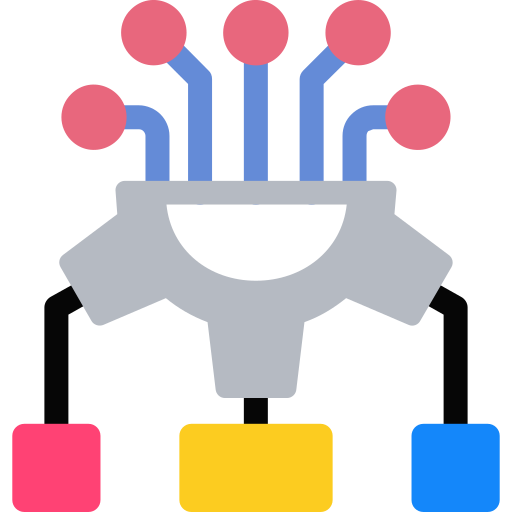
Our team of engineers and quality assurance (QA) specialists employs automated unit testing, functional testing, and load testing tools along with industry best practices. This ensures thorough evaluation and continuous improvement of the performance and functionality of mission-critical business applications.
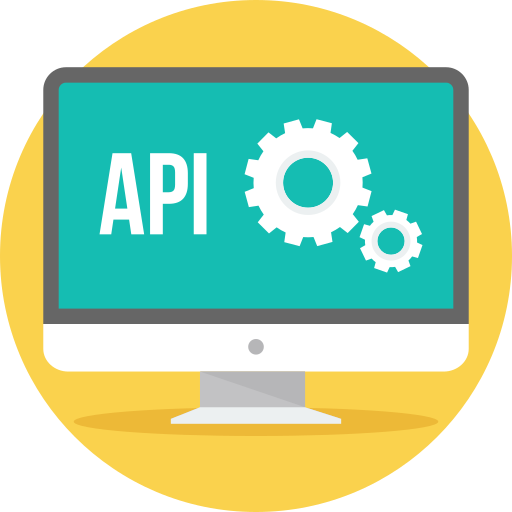
APIs play a crucial role in web applications, categorized into four main types: public, partner, private, and composite. Our API application solutions for mobile, desktop, and cloud environments encompass the development of service-oriented architectures (SOA), integration with browsers, web sockets, operating systems, firmware/hardware, database resources, and more.
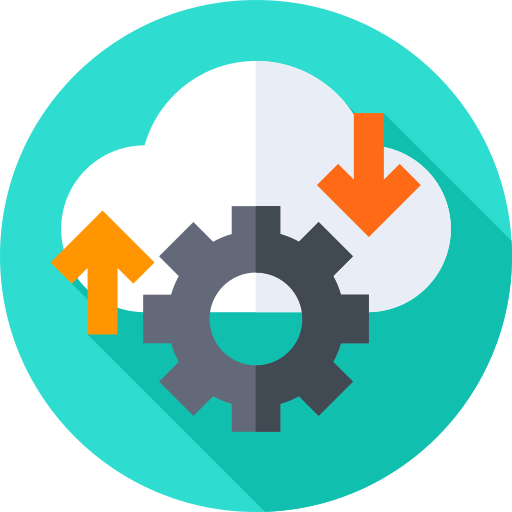
Cloud APIs enable software to access data from services via direct, indirect, vendor-specific, or cross-platform interfaces. Cognysync's API developers and administrators leverage cloud-based APIs for seamless application integration into the cloud environment.
Cognysync utilizes Artificial Intelligence APIs to create a streamlined and well-defined interface for your analytics needs. This grants controlled data access, enabling precise analysis of large datasets and extraction of valuable insights. With this capability, you can swiftly identify actionable information and make informed decisions more rapidly.
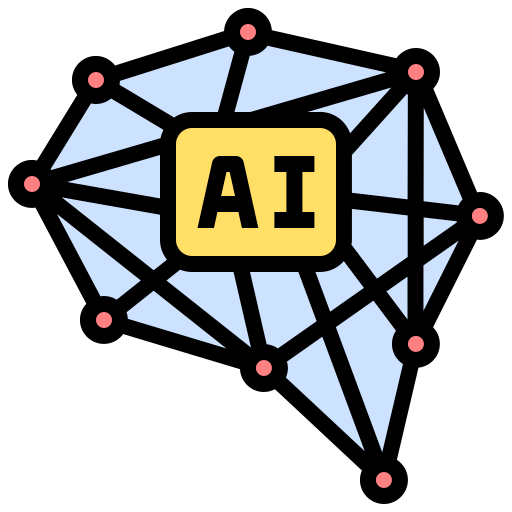
Our engineers enhance your applications with Machine Learning APIs, enabling automation, error reduction, and enhanced customer experiences. Our software specialists craft robust neural networks capable of diverse machine learning tasks like classification, regression, pattern recognition, forecasting, and beyond.

Cognysync's digital transformation specialists are skilled in programming computer vision APIs, granting access to advanced algorithms for analyzing and interpreting visual data like images and videos. Through machine learning, computer vision technology empowers machines to recognize objects, identify faces, detect shapes, and discern colors from visual inputs.

Our developers harness predictive analytics APIs to enable advanced analysis and interpretation of extensive datasets. This facilitates making predictions about future outcomes and trends using statistical models like decision trees, neural networks, and regressions.

Our programmers will utilize Artificial Intelligence APIs to build AI-driven speech recognition technology. This technology employs natural language processing to analyze audio signals, detect words, and generate text-based results effectively.

Our team of digital transformation specialists harness AI-powered APIs to develop interactive virtual agents, or chatbots. These chatbots utilize natural language processing algorithms to comprehend and respond to user inquiries within applications, optimizing processes such as customer support, reservations booking, sales lead generation, and more.

We have the capability to develop AI-powered APIs that enhance fraud detection capabilities, utilizing machine learning algorithms to spot anomalies suggestive of fraudulent activity. These AI-driven predictive models swiftly detect potential fraud and notify security teams for immediate action.
Cognysync’s API-as-a-Service solutions utilize a range of protocols, including cloud natural language APIs and Java, JSON, AJAX, SOAP, HTTP/HTTPS, XML, XHTML, TCP/IP, and EDI development services. Our experienced developers can create secure and efficient web APIs using these protocols to ensure seamless integration with your existing systems.


We harness the power of popular Microsoft platforms, including Azure, Jitterbit, Dell Boomi, Anypoint, Funnel, and more, adding superior web functionality, API documentation, and integrating disparate business systems with REST APIs and existing applications.

We provide API maintenance solutions to ensure that everything is running smoothly and securely, developing API architecture encryptions for security, single sign-on capabilities, dashboard controls, RBAC modules, and more.

We provide API compliances for safe and secure cloud API software development. SaaS, IaaS, PaaS, and APIaaS allow our developers to ensure users seamless access across all platforms and mobile devices.

We will categorize your current monolithic applications into a broken-down suite of microservices, thus allowing each service to be configured to operate as a unique process and can be modified independently.
Developing an API refers to creating APIs that allow software applications to communicate with each other. APIs enable developers to integrate different systems and services, streamline workflows, and improve the user experience. By defining clear and consistent interfaces, APIs facilitate collaboration among different teams and helps businesses leverage their technology assets’ full potential.
Some common examples of APIs for development include payment gateways like PayPal API, social media APIs like Facebook Graph API, and cloud service APIs like Amazon S3 API. These APIs provide developers with standardized protocols for accessing and manipulating data, allowing them to create powerful integrations and custom workflows that streamline business processes and enhance user experiences.
The four main types of APIs in web services are public, partner, private, and composite. Public APIs are open to all, partner APIs require authentication, private APIs are for internal use, and composite APIs bundle multiple APIs together for a comprehensive solution. Choosing the right type of API is essential for a successful development project.
API integration is the linking of multiple applications through their APIs to facilitate the exchange of data. This process is widely used in high-performing businesses to keep information up-to-date, increase efficiency, and generate more revenue.
According to studies, industries that require personalized products, services, and customer experiences, such as financial services, healthcare, tech, and telecommunications, use APIs the most.
APIs are crucial in enabling other applications to access AI and its infrastructure. Since many AI/ML models and algorithms are resource-intensive or proprietary, APIs provide a standard way to make them accessible to users who can’t self-host them.
Connect to new markets, services, and devices. We can help you integrate your API with existing systems or create new extensions using REST, SOAP, XML, or RPC protocols.

At the heart of our mission ,We hold the belief that technology ought to be simple,easily navigable and approach positively to the aspirations of our clients .

Cognysync has taken participation in E-verify program Compares your information against records E-verify is a service of DHS and SSA
Copyright @ Congnysynctech.com 2023